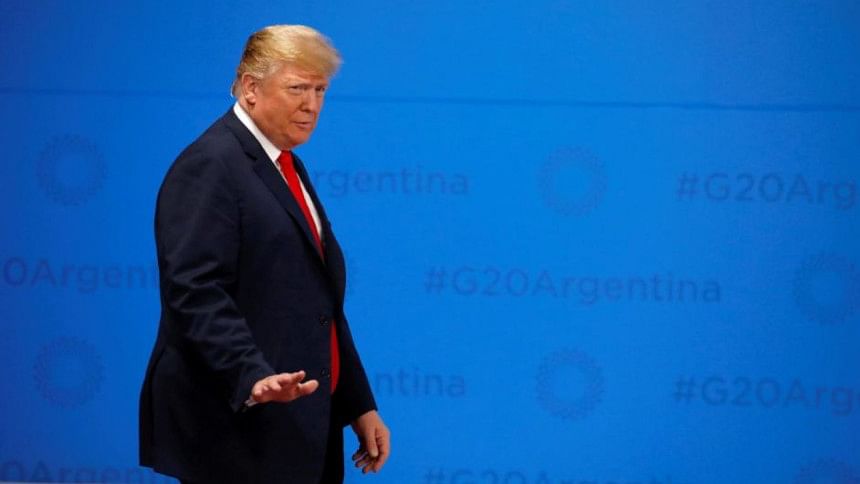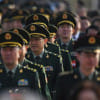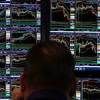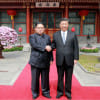G20 'agrees to reform WTO'

Global leaders were expected to back an overhaul of the world body that regulates international trade disputes at a summit yesterday, delegates said, ahead of high-stakes talks between US President Donald Trump and Chinese President Xi Jinping aimed at defusing a trade war.
A consensus appeared to be emerging at the two-day gathering of the Group of 20 industrialized economies for a joint statement that would back reforms to the crisis-stricken World Trade Organization amid growing global trade tensions, according to officials from the European Union and summit host Argentina.
"We reiterate that the multilateral trading system is the framework in which we are all working and committed," an EU official said, referring to the language of a draft statement.
The WTO is on the verge of becoming dysfunctional, just when it is most needed to fulfill its role as umpire in trade disputes and as the watchdog of global commerce.
The United States is unhappy with what it says is the WTO's failure to hold Beijing to account for not opening up its economy as envisioned when China joined the body in 2001.
To force reform at the WTO, the United States has blocked new appointments to the world's top trade court. The European Union is also pushing for reform at the WTO.
G20 summit delegates said that negotiations on producing a final statement were proceeding more smoothly than at a meeting of Asian leaders two weeks ago that ended without a consensus, but they cautioned that the draft statement still required approval from leaders.
Trump said in a tweet that he was cancelling a news conference at the G20 summit as a mark of respect following the death of former President George HW Bush.
European officials said the draft document included a reference to climate change, which has proved a sticking point in the past with the current US administration.
The wording on climate change was "a little bit more than the status quo but not backtracking," one EU official said.
The first day of the G20 summit offered glimmers of hope for progress between Washington and Beijing despite Trump's earlier threat of new tariffs, which would increase tensions already weighing on the growth of the global economy.
But ahead of what is seen as the most important meeting of US and Chinese leaders in years, both sides said differences remained, and the outcome of the talks were uncertain.
This year's summit has proved to be a major test for the G20, whose leaders first met in 2008 to help rescue the global economy from the worst financial crisis in seven decades.
With a rise in nationalist sentiment in many countries, the group, which accounts for two-thirds of the global population and 85 percent of the global economy, faces doubts over its ability to deal with trade tensions and other geopolitical differences among its members.
Apart from trade and climate change, Russia's seizure of Ukrainian vessels has drawn condemnation from other G20 members, while the presence of Crown Prince Mohammed bin Salman at the summit has raised an awkward dilemma for leaders.
Saudi Arabia's de facto ruler, who arrived amid controversy over the murder of Saudi journalist Jamal Khashoggi, has been ignored by other leaders at public events, although he has had a series of bilateral meetings with them in private.
Saudi Arabia has said the prince had no prior knowledge of the murder.
A Chinese foreign ministry official in Buenos Aires said there were signs of increasing consensus ahead of the discussions but that differences persisted.
Beijing hopes to persuade Trump to abandon plans to hike tariffs on $200 billion of Chinese goods to 25 percent in January, from 10 percent at present. Trump has threatened to go ahead with that and possibly add tariffs on $267 billion of imports if there is no progress in the talks.

 For all latest news, follow The Daily Star's Google News channel.
For all latest news, follow The Daily Star's Google News channel. 







Comments